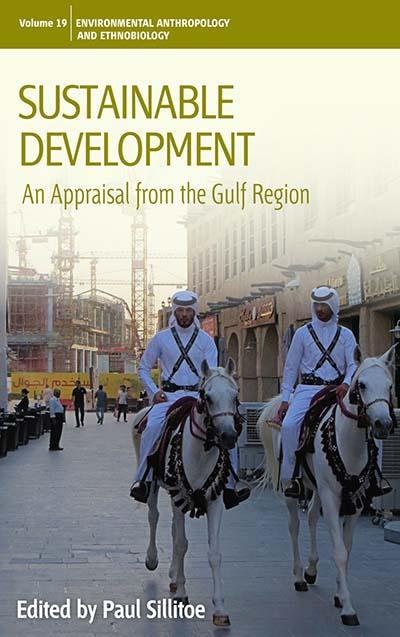Inventing Bushcraft: Masculinity, Technology, and Environment in Central Africa, ca. 750–1250
Kathryn M. de Luna explores the gendered micropolitics of knowledge production through a case study of Botatwe-speaking societies (ca. 750–1250) in south central Africa.


